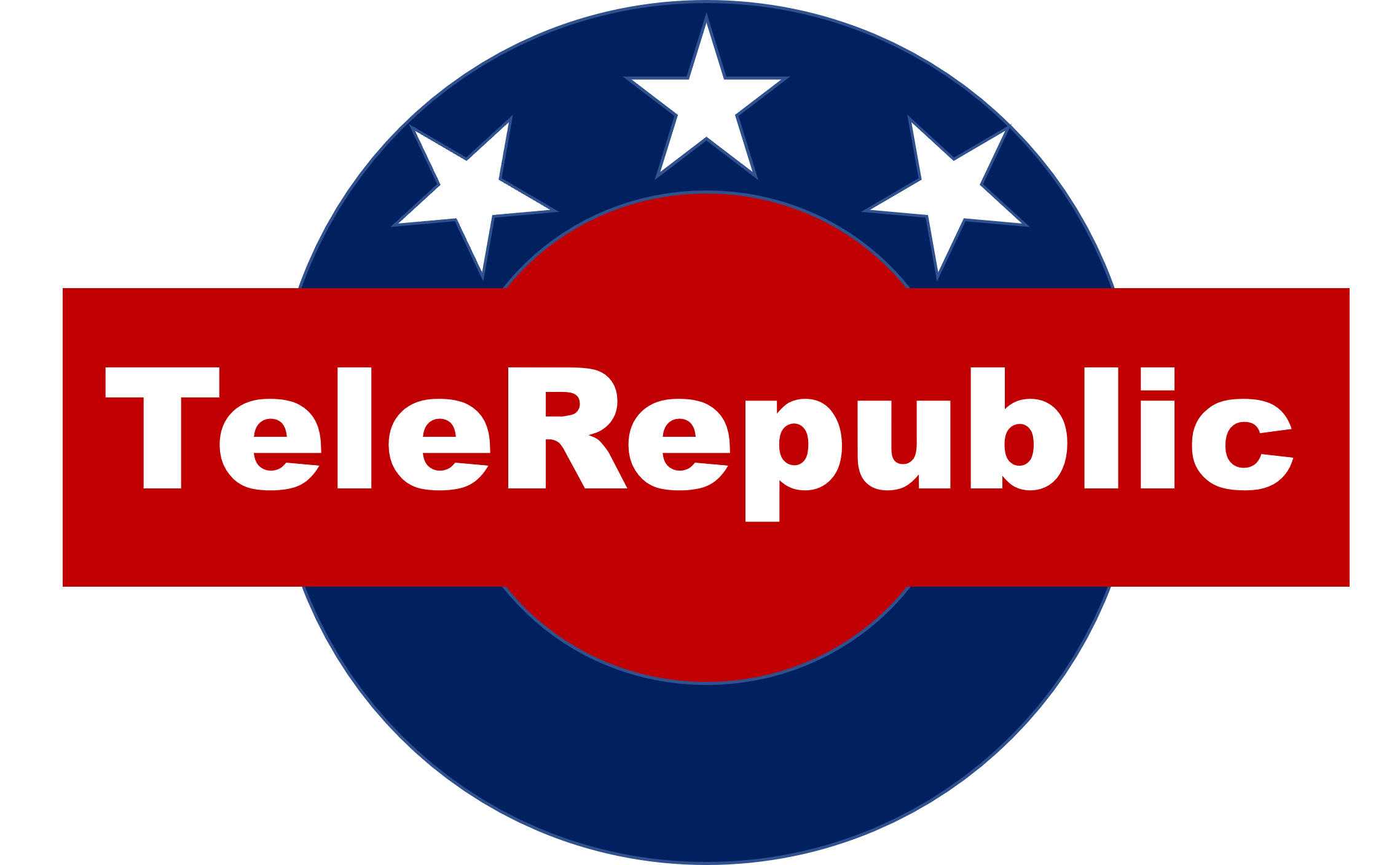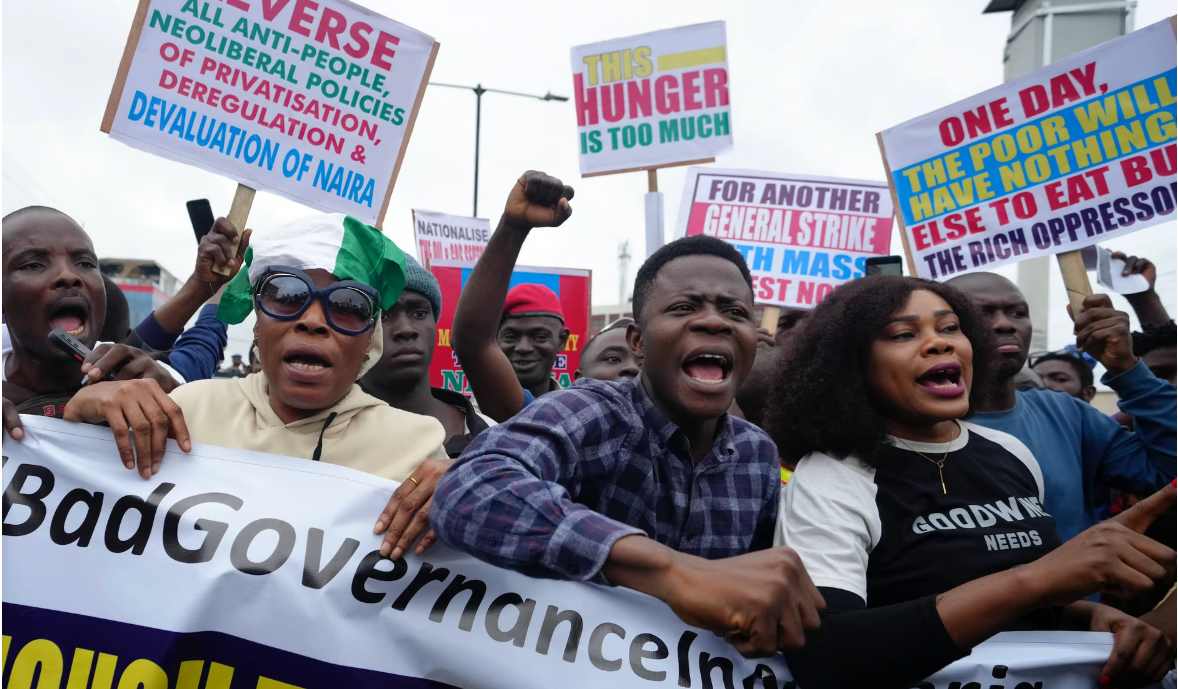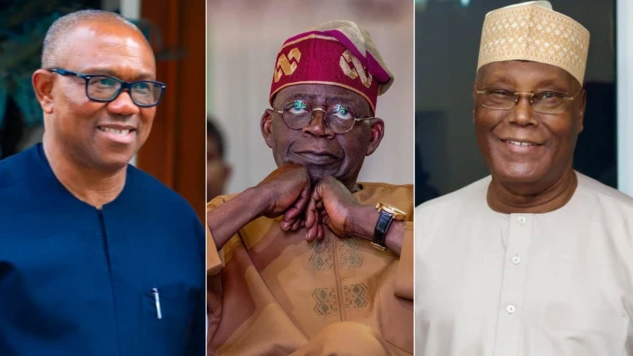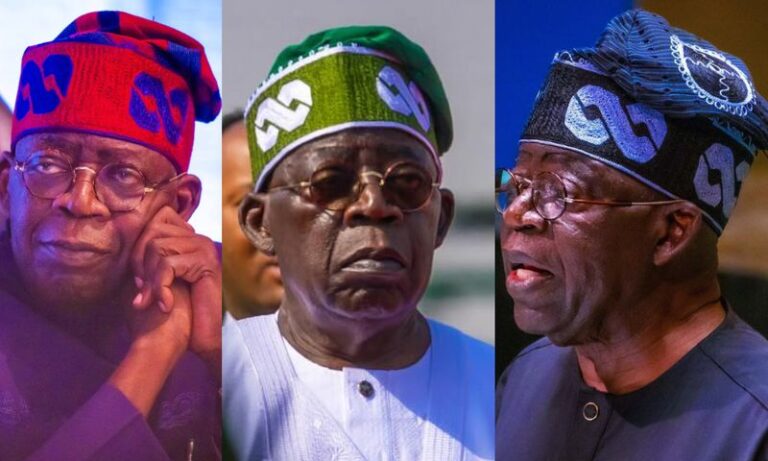A Reckless Assault on Fundamental Freedoms
The administration of Bola Tinubu has taken a dark turn, blatantly violating the fundamental human rights of Nigerians by deploying lethal force against peaceful protesters. The recent protests, which erupted nationwide in response to the escalating cost-of-living crisis and pervasive government corruption, have been met with violence from security forces under Tinubu’s directive. These actions represent a grave abuse of power and underscore a malicious disregard for the inalienable rights of over 200 million citizens, as enshrined in the 1999 Nigerian Constitution and protected under international human rights frameworks like the Universal Declaration of Human Rights (UDHR) and the International Covenant on Civil and Political Rights (ICCPR).
Violations of International Human Rights
The right to peaceful protest is a cornerstone of democratic societies, enshrined in both the Universal Declaration of Human Rights (UDHR) and the International Covenant on Civil and Political Rights (ICCPR). Articles 19 and 21 of the ICCPR, to which Nigeria is a signatory, explicitly protect the rights to freedom of expression and peaceful assembly. By deploying security forces to suppress these rights violently, Tinubu’s administration has violated international law, warranting investigation and accountability by the International Criminal Court (ICC).
A Brutal Crackdown on Dissent
Reports from credible sources detail how security forces used live ammunition and tear gas to disperse peaceful gatherings, leading to the deaths of more than 20 Nigerians and numerous injuries. This excessive use of force is both disproportionate and inhumane, amounting to potential crimes against humanity. The actions taken by Tinubu’s government reveal a systematic attempt to silence dissent through intimidation and violence, a tactic reminiscent of authoritarian regimes.
The International Criminal Court (ICC)
The ICC was established to hold leaders accountable for serious crimes when national jurisdictions fail to do so. Given the severity of the human rights violations under Tinubu’s regime, there is a compelling case for international intervention. Charging Tinubu at the ICC would not only bring justice to those affected but also serve as a deterrent to other leaders who might consider similar actions against their citizens.
Legal Grounds for ICC Charges
- Crimes Against Humanity: The systematic and widespread attack on civilian protesters fits the ICC’s definition of crimes against humanity.
- Lack of Accountability: Nigeria’s internal mechanisms have historically been insufficient in holding high-ranking officials accountable for human rights abuses, making international intervention necessary.
- Precedent: Previous ICC cases, such as those against Sudan’s Omar al-Bashir and Kenya’s Uhuru Kenyatta, demonstrate that heads of state can be held responsible for human rights violations.
A Nation in Crisis: Economic and Social Turmoil
Nigeria, Africa’s leading oil producer, is paradoxically home to some of the world’s poorest citizens, a situation exacerbated by Tinubu’s mismanagement and corrupt practices. The protests, dubbed #EndBadGovernance, were sparked by the government’s failure to address the dire economic situation, marked by skyrocketing prices, rampant unemployment, and deteriorating public services.
The Economic Context
- Cost of Living: Inflation rates have soared, making basic necessities unaffordable for many Nigerians.
- Corruption: Despite abundant natural resources, corruption has siphoned off wealth, leaving the general populace in poverty.
- Subsidy Removal: The government’s removal of gas and electricity subsidies has further strained household budgets, leading to widespread discontent.
This economic mismanagement, combined with human rights abuses, has led to a national crisis that demands urgent attention and action.
Calls for Justice and Reform
Prominent activists and organizations have condemned the government’s actions, calling for immediate reforms and accountability. Anietie Ewang, a researcher with Human Rights Watch, stated that the protests were initially peaceful and did not warrant such a violent response. This sentiment echoes across civil society, which demands justice for the victims and meaningful change in governance.
The Role of the International Community
The international community must not remain silent in the face of these violations. Pressure must be applied on Nigeria to uphold its commitments to human rights and democratic principles. By advocating for an ICC investigation, global leaders can help ensure that justice is served and set a precedent for the protection of human rights worldwide.
Tinubu Reneged On Constitutional Responsibilities
The administration of President Bola Tinubu has faced significant criticism and backlash due to its failure to protect the lives and properties of Nigerians, as mandated by the Nigerian Constitution. Instead of safeguarding the citizens, the Tinubu government has been directing security forces to violently suppress peaceful protests, resulting in tragic loss of lives. These actions demonstrate a blatant disregard for human rights and constitutional obligations, highlighting the urgent need for change in Nigeria’s leadership.
Failure to Protect Lives and Property
The primary responsibility of any government is to ensure the safety and security of its citizens. Under Tinubu’s leadership, Nigeria has experienced a severe breakdown in law and order, marked by escalating violence and insecurity. Despite being the most populous country in Africa, Nigeria has struggled to maintain peace and stability, leaving its citizens vulnerable to various threats.
- Escalating Insecurity: Terrorist attacks, banditry, and kidnappings have become commonplace, with security forces unable to effectively combat these challenges. This has led to widespread fear and suffering among the Nigerian populace.
- Lack of Effective Governance: The government’s inability to address these security issues reflects a broader failure to uphold its constitutional mandate to protect lives and property.
Violent Suppression of Peaceful Protests
On Thursday, Nigeria witnessed widespread protests as citizens express their frustration with government corruption, economic mismanagement, and rising inequality. Rather than addressing these legitimate grievances, the Tinubu administration resorted to brutal crackdowns on peaceful demonstrators, further inflaming tensions and undermining democratic principles.
- Use of Excessive Force: Reports of security forces using live ammunition and tear gas against unarmed protesters highlight a disturbing pattern of human rights abuses. These actions have resulted in numerous casualties and have drawn condemnation from human rights organizations.
- Suppression of Dissent: The government’s heavy-handed response to protests reflects a broader effort to silence dissent and stifle free expression, violating fundamental rights enshrined in both the Nigerian Constitution and international human rights treaties.
Constitutional and Legal Obligations
The Nigerian Constitution guarantees the right to life, freedom of expression, and peaceful assembly. By failing to protect these rights and resorting to violence against its citizens, the Tinubu administration has violated its constitutional obligations and eroded public trust in the government.
- Breach of the Social Contract: The government’s actions represent a fundamental breach of the social contract between the state and its citizens, undermining the legitimacy of the Tinubu administration.
- Need for Accountability: There is an urgent need for accountability and justice for those affected by government-sanctioned violence. This includes prosecuting those responsible for ordering and carrying out attacks on protesters.
Call for Change and Justice
The ongoing crisis in Nigeria requires immediate action to restore peace, justice, and democratic governance. The following steps are essential to achieving this goal:
- Peaceful Transition of Power: The Tinubu administration must come to an end, paving the way for new leadership that prioritizes the welfare and rights of Nigerian citizens.
- International Support: The international community should support Nigerian efforts to achieve justice and reform, including holding accountable those responsible for human rights violations.
- Empowerment of Civil Society: Civil society organizations and activists must be empowered to advocate for change and hold the government accountable for its actions.
A Call to Action for Nigerians
Nigerians must unite in demanding accountability and justice from their leaders. The recent events underscore the need for a governance overhaul, one that respects human rights and prioritizes the welfare of its citizens. Protests must continue until there is a tangible change in leadership and policy.




